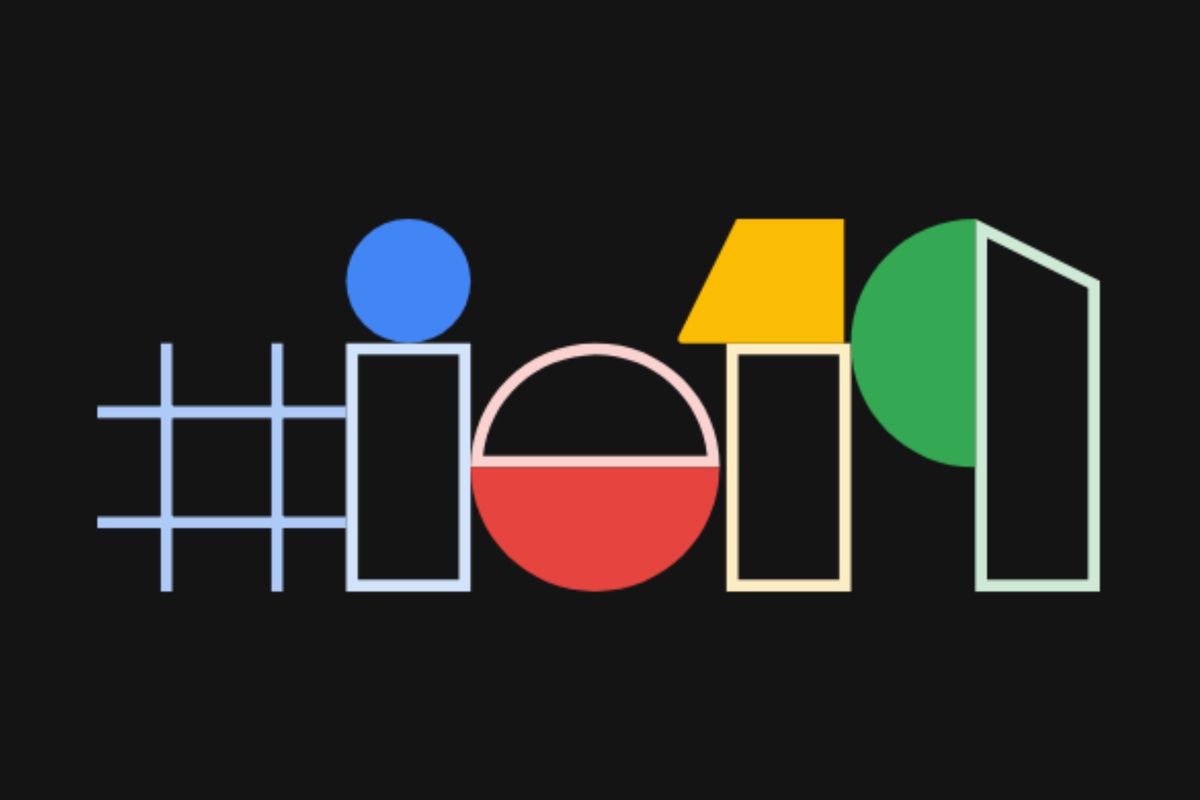Top announcements from Google's I/O Keynote 2019

The Google I/O is an annual event where the company shows off all its recent updates and innovations. This year’s two-day gathering recently finished. Here are some of the top cool things mentioned during the bash.
1. Improvements to Make Technology More Accessible to All
Google revealed several changes that signal its renewed dedication to increasing technology accessibility for everyone. Its upcoming Live Transcribe feature transcribes real-time audio, such as a conversation between two people. Then, people with hearing difficulties can read the text on the screen and contribute to the dialogue. It’s coming soon to Pixel 3 phones, followed by a rollout for other devices.
There’s also Live Caption for any video, and Live Relay, which provides on-screen text for real-time video calls. Another new offering is a Google Lens enhancement for Google Go that reads anything it sees and can even translate the text into a person’s native language. That could be especially useful for an illiterate person or someone traveling in a foreign country.
2. A Cheaper Pixel Model
Google’s most expensive Pixel phones are $899, and that price puts them out of reach for the most budget-conscious people. But, Google chose its keynote as the perfect time to reveal the launch of sales for the Pixel 3a, which has a starting price of $399. It has a night mode that works well for taking pictures in dark environments, plus a portrait setting that allows adjusting the depth of field.
Plus, the people who are the heaviest users of those camera features and others that the phone offers don’t have to worry about running out of space. Google offers unlimited cloud storage via Google Photos to Pixel3a owners.
Moreover, the phone has a 30-hour battery life and adaptive technology that learns which apps users interact with most and reduces the power consumed by the ones used less often. For people in a hurry, 15 minutes of charging with the included adapter gives seven hours of use.
3. The Arrival of the New Beta Version of Google Q
Google Q is the latest Android operating system, and Google gushed about its slew of features during its event, as well as within a recent blog. It has nearly 50 privacy and security-centric features, including more granular control over which location data individual apps access. It’s also possible for people running the Q operating system to only share location data with apps in use.
Q also offers a Focus mode that limits distractions from particular apps based on a user’s preferences. Another feature of Q is Smart Reply offered through every messaging app instead of just Gmail. Its machine-learning technology can also predict a person’s next action. For example, it might suggest that a person who receives an address in an email tap a Smart Reply option to automatically bring up that destination in Google Maps.
4. Gender-Neutral Emojis
Technology is historically a male-dominated sector, although some forward-thinking companies are working hard to increase diversity by getting involved in tech communities of minorities or using careful language in their job ads to avoid unintentionally using gender-specific language. The Google I/O keynote showed that the company wants to bring more diversity to tech in another way: Gender-neutral emojis.
Google recently created 53 of them for a Pixel phones beta release, and they’ll arrive on all Android smartphones running Android Q later in the year. This move may seem like a small one, but it’s essential for people who don’t fit into rigid gender categories and want their online expressions to reflect that as much as their real-life ones do.
5. A Better Google Assistant
Google demonstrated several changes coming to the Google Assistant for Pixel phones, as well. It showed how people could compose entire emails with their voices, and that the technology would differentiate between the email’s greeting to the recipient and the first line of the body content.
Also, people can soon activate a new Driving Mode that gives transportation-specific information or remembers the point where a person stopped listening to a podcast in the car, for example. Google showed a push towards even more personalized content, too. Individuals who use Google devices with smart displays can use a Picks For You feature that gives recommendations of events to attend or meals to cook.
A Personal References feature also helps Google Assistant uses get more contextual information without specifying as many details. Someone could add the address of their mother to Google’s Contacts app, then say “What’s the weather like at Mom’s house?” without having to mention a city.
Then, thanks to something called Assignable Reminders, people can remind members of their household to carry out tasks. For example, a person might set up a reminder that says “Remind Dad to schedule his doctor’s appointment tomorrow.” Then, the father would get that prompt on his Google devices.
6. A Dark Mode for Android
This is a small change announced at the Google I/O keynote, but it’s one sure to please the users who have asked for it over the years. Last year, Google mentioned to developers that dark modes could prolong battery life on devices with OLED displays.
Dark themes are also more visually pleasing to some users, such as those that want to look at an app while in bed with the light turned off but don’t want to see such a glaringly bright interface. Google’s new dark mode will get released on Android Q.
Exciting Things on the Horizon
The things mentioned on this list demonstrate why many tech enthusiasts view Google as a continually evolving company. It constantly looks for ways to improve the user experience, and its annual event is the culmination of those efforts.